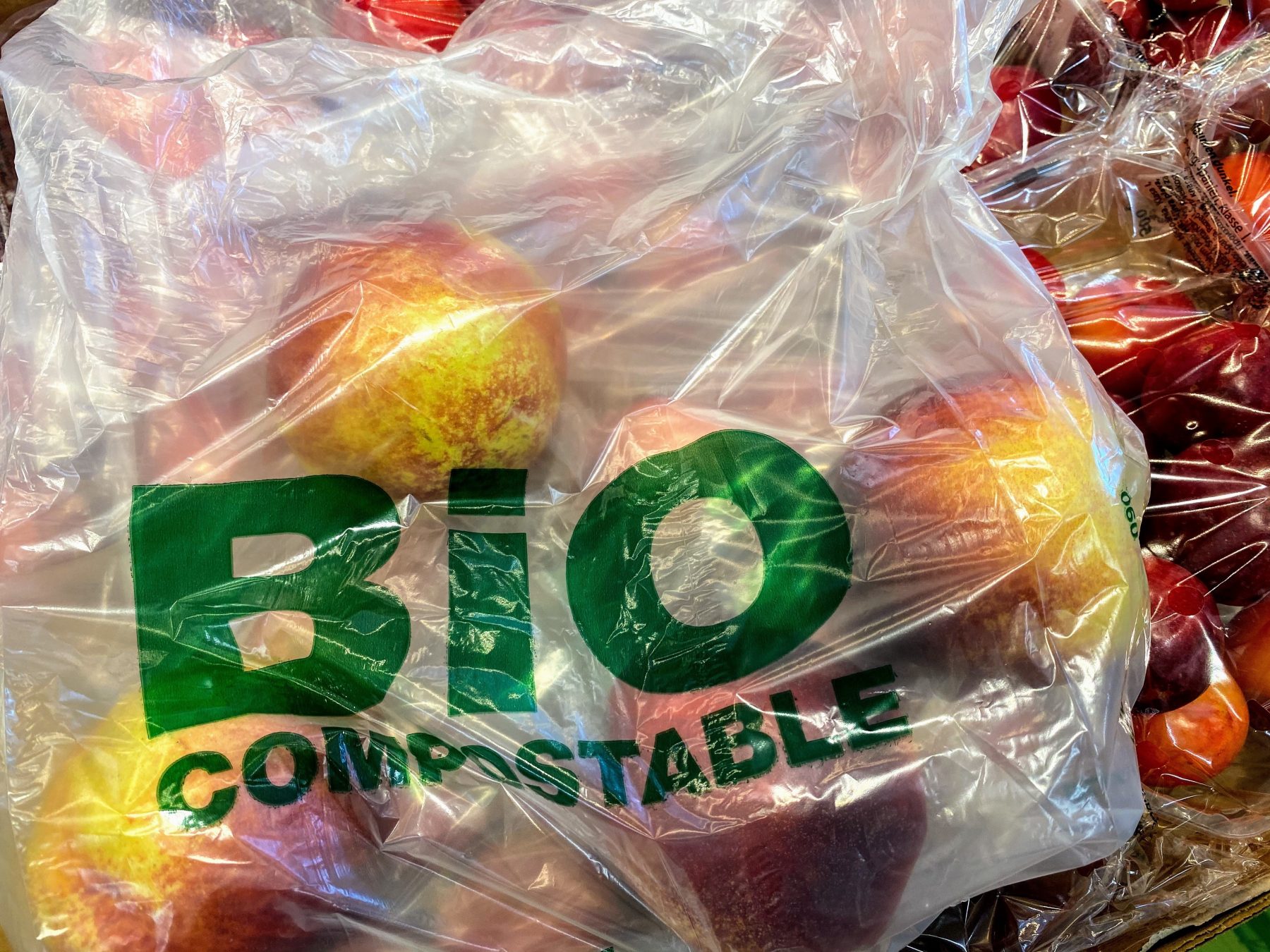Despite Italy’s valid objections to the absurd PPWR packaging and packaging waste regulation (see preceding article), which led to a slight opening by Europe in late November, the European Union has now made a U-turn, granting general approval to the regulations. This leaves Italy and its affected business sector in a precarious situation, as the country was the lone dissenter in the vote, but the absence of veto power allowed the text’s approval.
Antonio D’Amato, president of the European Paper Packaging Alliance and the Seda International Packaging Group, lambasts the Council’s general direction as “ideological,” fearing it could negate decades of investments in Italy’s leading international circular economy model.
The Regulatory Objectives.
The governmental version of the regulation imposes stringent requirements to ensure packaging recyclability, labeling standards, and binding reuse goals. This includes restrictions on single-use packaging types and the imperative to minimize overall packaging use with the primary goal of reducing total waste production.
The Council maintains a broad scope for the proposal, covering all packaging types and establishing key targets by 2030 and 2040 for the minimum content of recycled plastic in packaging. Packaging waste is to be reduced by 5% by 2030, 10% by 2035, and 15% by 2040.
Controversy arises over the shift from recycling to reuse: the Council retains the proposed criteria, setting specific requirements for various packaging categories, with differentiated targets for large appliances, takeout food and beverage packaging, flexible packaging, and more.
D’Amato predicts that mandatory reuse objectives and the ban on disposable products in restaurants will harm national recycling systems and jeopardize critical sectors like agrifood, constituting 30% of Italy’s GDP.
An Ambiguous Dance Between Environment and Economy.
European ministers have now decided that, for beverages and food, packaging must be paper for compostability reasons. However, with a touch of sarcasm, it is emphasized that the reasons are far from ecological but economic. Major paper producers in Europe, Germany, Sweden, and Finland, celebrate, while China and Canada contribute by supplying cellulose pulp.
Contradictions arise with the EU’s Green Deal, advocating not to cut trees for planting trees. Ironically, to waterproof these “eco-friendly” paper packages, chemicals are used, officially banned from packaging production by 2025.
The European Council encounters a paradox regarding food waste. While the Commission proposes a 10% reduction in food waste by 2030, paper packaging, known to accelerate the deterioration of fruits and vegetables, seems at odds with this objective.
Politics seem to guide ministerial decisions to favor Northern countries and Greece, granting exemptions to islands with fewer than 2,000 inhabitants.
The question mark over glass for wine remains, with the possibility of “returnable” bottles posing serious problems. Meanwhile, champagne producers defend their wire cages, challenging the logic of this peculiar regulatory choreography. In this strange dance between ecology and economic convenience, the EU appears to be dancing on the edge of irony.
The Last Hope.
Now, the only hope lies in the Trilogue (Council, Parliament, and European Commission), expected to be convened in January before the mandates and the June 2024 European elections.
“Italy hopes that during the Trilogue negotiations, the position of the European Parliament will prevail. The government particularly rejects rigid constraints and reuse targets, criticizing provisions regarding the beverage sector, strongly advocated by Germany. These provisions are designed to favor large enterprises and penalize the Italian SME system, risking upsetting the balance of the internal market.”
These are the words of Minister Frattin; let’s hope that after the tears of eco-anxiety, our businesses and workers will not be the ones shedding tears due to these irrational ideologies in the end.



